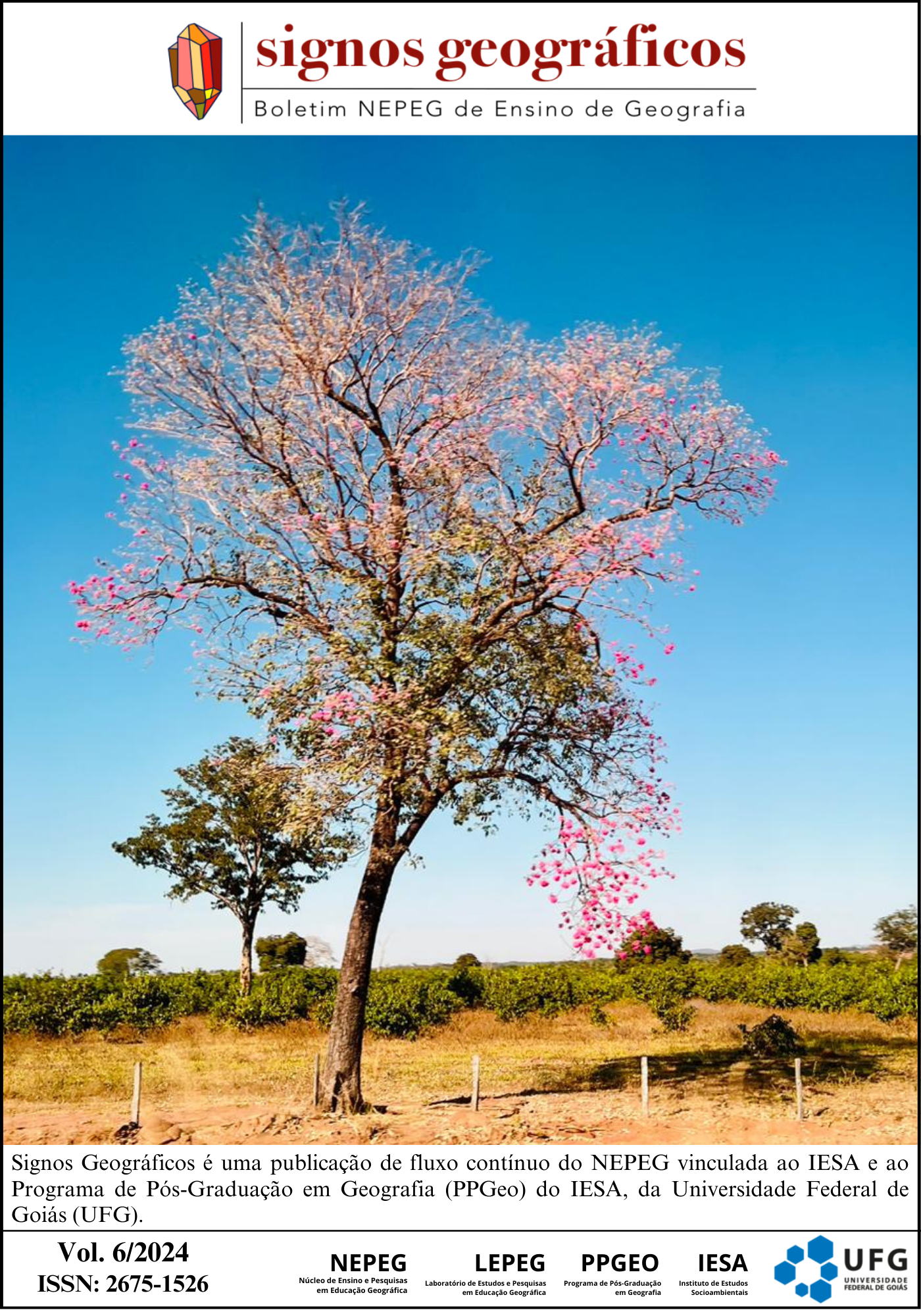NATIONAL CURRICULAR GUIDELINES FOR SECONDARY EDUCATION AND THE CURRICULUM FOR FULL-TIME SCHOOLS: WHERE DOES TEACHER AUTONOMY IN GEOGRAPHY GO FROM HERE?
DOI:
https://doi.org/10.5216/signos.v6.80852Keywords:
full-time school, teacher autonomy, teaching GeographyAbstract
In recent years, public policy reforms have been implemented in Brazil to promote changes in the social and educational spheres to adapt society to the conjuncture of capitalism. Law No. 13,415/2017 (the Secondary Education Reform) and Law No. 14,140/2023, which established the Full-Time School, are noteworthy. In light of the above, the aim is to analyze how national guidelines for secondary education have affected the curriculum of Full-Time Schools in the states of Paraíba and Goiás and how this is reflected in the autonomy of geography teachers, based on the impact of this program on their pedagogical and curricular practices. This study is a qualitative, exploratory study in which ten teachers participated, seven from the state of Paraíba and three from the state of Goiás, who responded to semi-structured interviews that were conducted attempting to understand how these policies have been affecting their autonomy. The results of the interviews led us to conclude that, in both states, Geography teachers feel forced to take on components of the diversified part of the curriculum to complete their weekly workload in a debilitating way and lose teaching autonomy since this does not allow for more significant reflection on the emancipatory meaning of what is being taught. All these changes in the education field impact teachers' living and working conditions, interfering with their autonomy and motivation to teach.
Downloads
Published
How to Cite
Issue
Section
License
Copyright (c) 2024 Revista Signos Geográficos

This work is licensed under a Creative Commons Attribution 4.0 International License.








